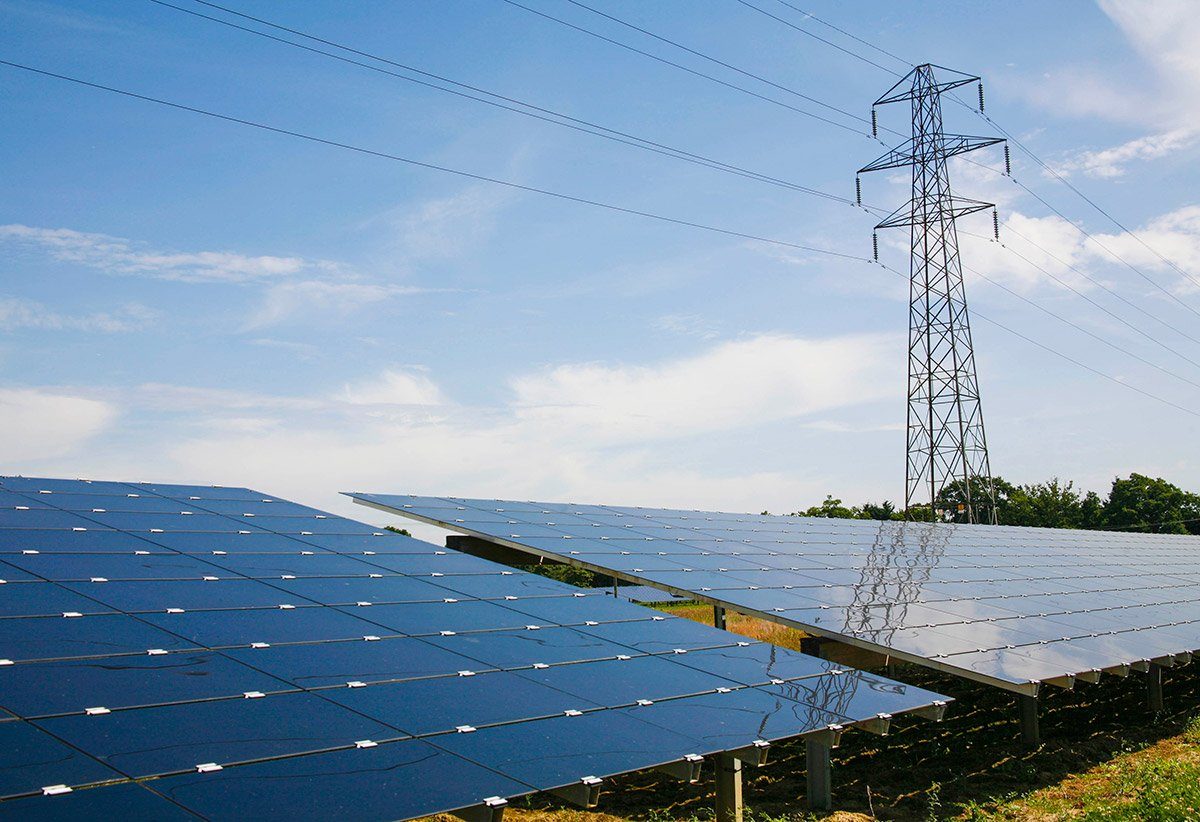It has already been widely reported that 2017 was extraordinary for renewables. Last year, wind and solar saw unprecedented growth as global energy demand increased, while based on improved efficiencies and cost reductions across a global scale, solar PV and onshore wind power were 18% more competitive.
But, in the latest report titled Global Trends in Renewable Energy Investment 2018, it is global investment in solar power that has really grabbed the limelight.
According to the report drafted by BNEF, UNEP and the Frankfurt School-UNEP Collaborating Centre, the world installed a record 98 GW of new solar capacity, which is far more than the net additions of any other technology – renewable, fossil fuel or nuclear.
Solar power stood out as a sound investment decision, garnering US$160.8 billion, up 18% on the previous year.
Furthermore, solar accounted for 57% of last year’s total for all renewables (excluding large hydro) with $279.8 billion, and it eclipsed new investment in coal and gas generation capacity, which was an estimated $103 billion.
Biggest investors
Seeking to rebrand itself, the world’s worst polluter, China, channeled $126.6 billion in renewable energy last year, up 31% on 2016. More than two thirds of that amount – $86.5 billion – was invested in solar power, up 58% on 2016, as the country added a total of 53GW of solar PV in 2017.
Dramatic increases in renewables investment were also seen in Australia (up 147% to $8.5 billion), Mexico (up 810% to $6 billion), and Sweden (up 127% to $3.7 billion).
Overall, deployment remains driven by falling costs for solar electricity, and to some extent wind power. According to the report, last year was the eighth in a row in which global investment in renewables exceeded $200 billion – while since 2004, the world has invested $2.9 trillion in the green energy sources.
“The extraordinary surge in solar investment shows how the global energy map is changing and, more importantly, what the economic benefits are of such a shift,” said UN Environment head, Erik Solheim. “Investments in renewables bring more people into the economy, they deliver more jobs, better quality jobs and better paid jobs.”
Decline of the old majors
Some big markets, which have historically led the way for renewables, saw declines in clean energy investment. In Europe, for instance, there was a drop of 36%, to $40.9 billion, with the U.K recording a decrease of 65% to $7.6 billion and Germany, 35% to $10.4 billion. Investment in Japan, meanwhile, slipped 28% to $13.4 billion.
“In countries that saw lower investment, it generally reflected a mixture of changes in policy support, the timing of large project financings, such as in offshore wind, and lower capital costs per megawatt,” says Angus McCrone, Chief Editor of Bloomberg New Energy Finance and lead author of the report.
A long way to go
A record 157 GW of renewable power were commissioned last year, states the report – 10 GW less than the latest estimates by the International Renewable Energy Agency – up from 143 GW in 2016, and far out-stripping the net 70 GW of fossil-fuel generating capacity added (after adjusting for the closure of some existing plants) over the same period.
And while clean energy sources made up a record 61% of net power generation capacity added worldwide in 2017, the actual output accounted for just 12% of electricity production, illustrating that there is still much to be done before clean energy can overtake fossil fuels.
“The world added more solar capacity than coal, gas, and nuclear plants combined,” said Nils Stieglitz, President of Frankfurt School of Finance & Management. “This shows where we are heading, although the fact that renewables altogether are still far from providing the majority of electricity means that we still have a long way to go.”
Overall, global investments in renewables of $2.7 trillion from 2007 to 2017 have increased, while the proportion of electricity generated across the world by wind, solar, biomass and waste-to-energy, geothermal, marine and small hydro grew from 5.2 % to 12.1%.
This content is protected by copyright and may not be reused. If you want to cooperate with us and would like to reuse some of our content, please contact: editors@pv-magazine.com.









By submitting this form you agree to pv magazine using your data for the purposes of publishing your comment.
Your personal data will only be disclosed or otherwise transmitted to third parties for the purposes of spam filtering or if this is necessary for technical maintenance of the website. Any other transfer to third parties will not take place unless this is justified on the basis of applicable data protection regulations or if pv magazine is legally obliged to do so.
You may revoke this consent at any time with effect for the future, in which case your personal data will be deleted immediately. Otherwise, your data will be deleted if pv magazine has processed your request or the purpose of data storage is fulfilled.
Further information on data privacy can be found in our Data Protection Policy.